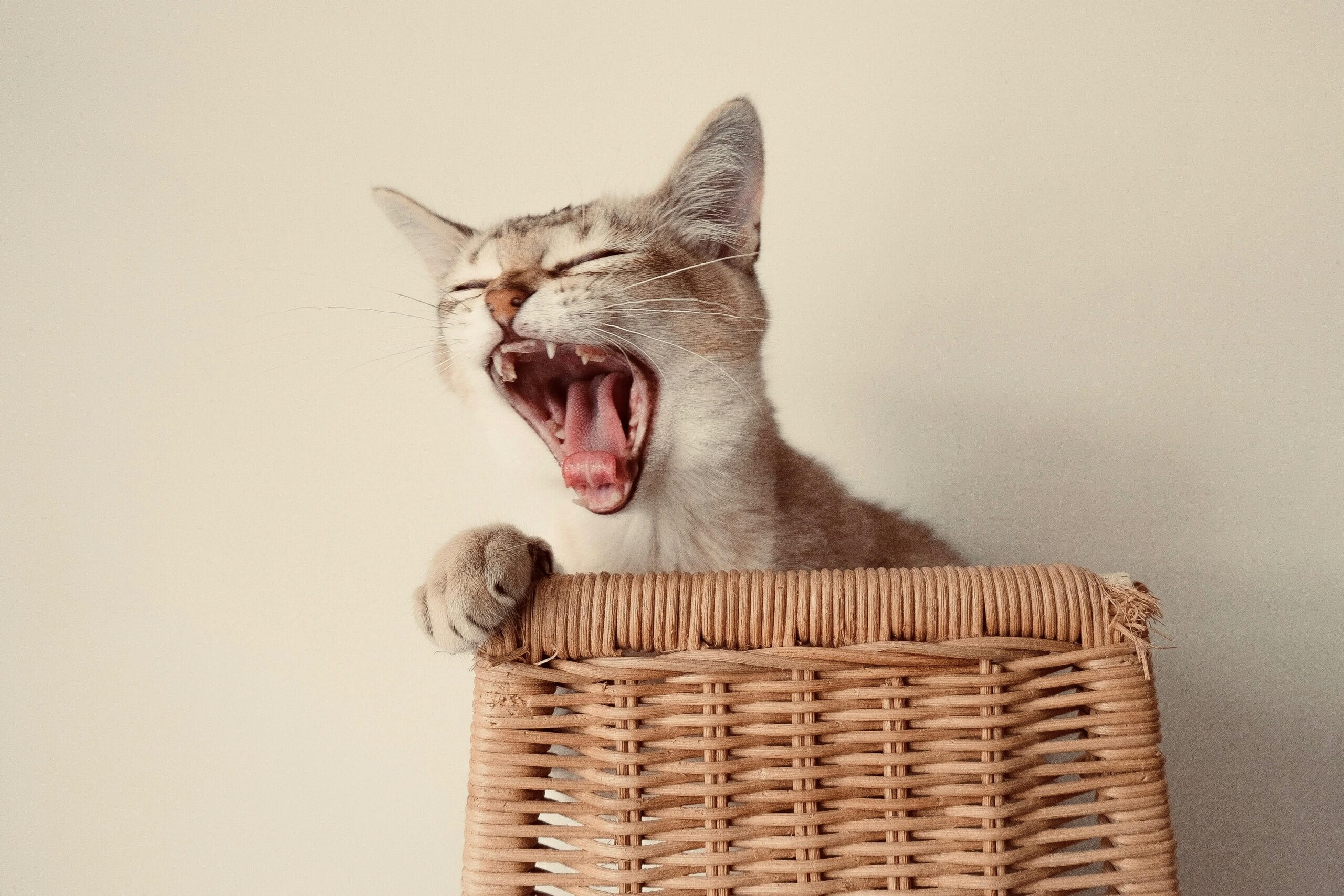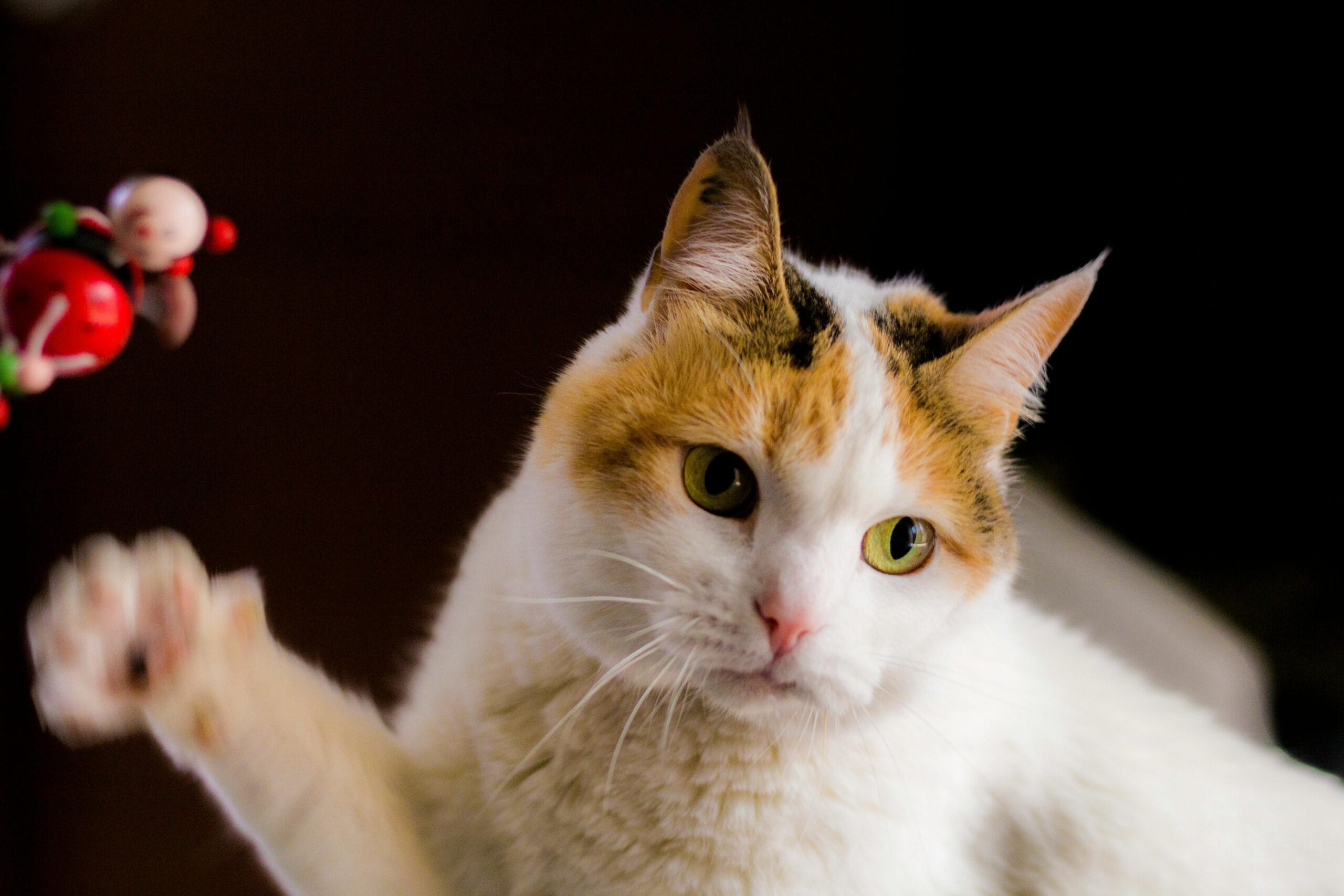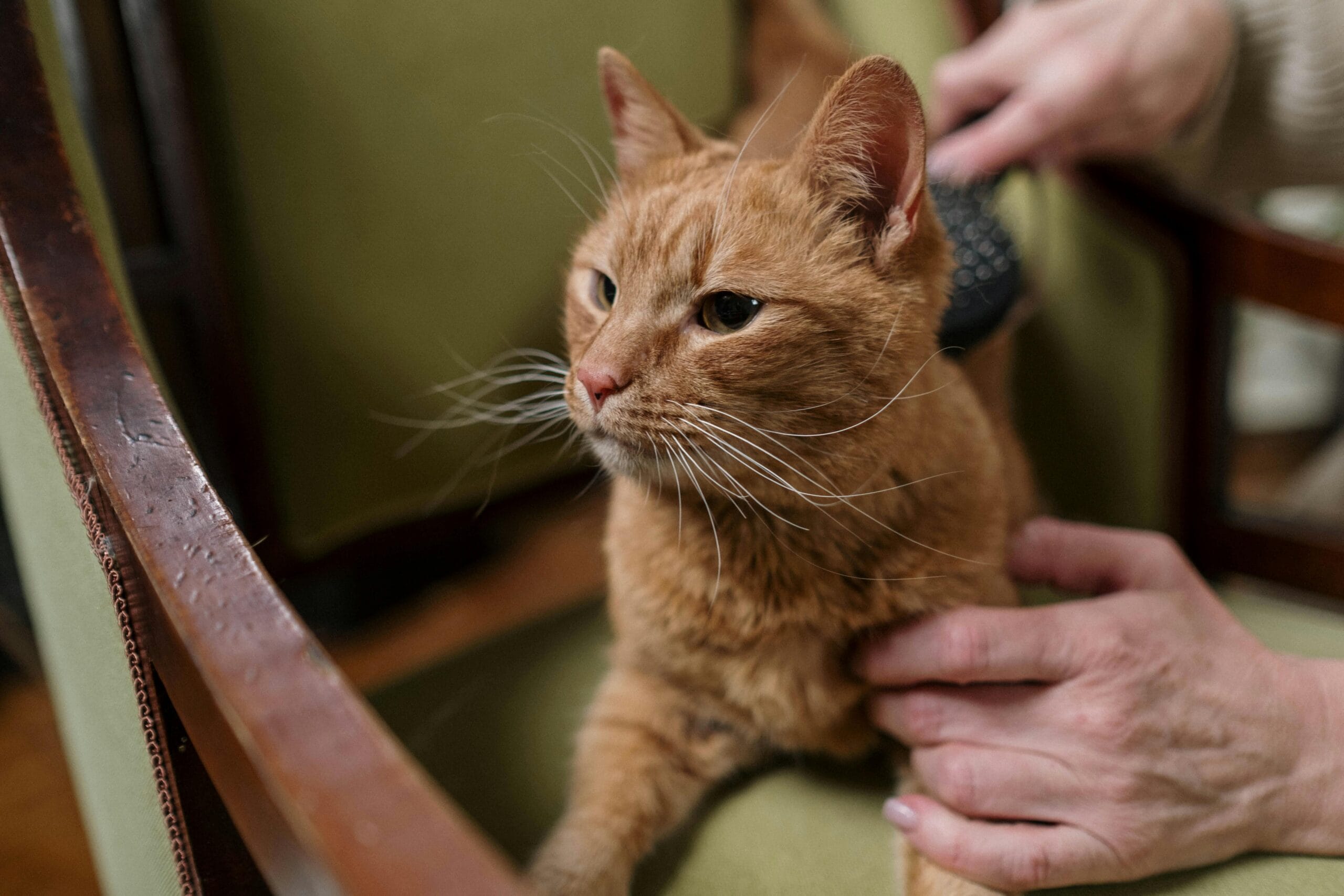Can cats have whipped cream? Is whipped cream bad for cats? Can cats eat whipped cream? Find out the surprising truth about cats and whipped cream in this informative article! Discover potential risks & safe alternatives.
Can Cats Have Whipped Cream? A Vet-Approved Guide
The question, “Can cats have whipped cream?,” pops up frequently among cat owners. We love indulging in sweet treats, and sometimes, that creamy, fluffy goodness looks awfully tempting to share with our feline friends. But before you dollop a spoonful onto your cat’s nose, let’s delve into the facts about whether or not whipped cream is bad for cats and the potential risks involved. This comprehensive guide explores the safety, potential health concerns, and alternatives to satisfy your cat’s curiosity (and your own sweet tooth!).
Understanding the Dangers: Is Whipped Cream Bad for Cats?
While a tiny lick might seem harmless, can cats eat whipped cream without any consequences? The short answer is generally no. Whipped cream, even in small quantities, presents several potential dangers to your cat:
High Fat Content: A Recipe for Trouble
Whipped cream is incredibly high in fat. Cats, unlike humans, don’t have the same metabolic processes for efficiently breaking down and processing large amounts of fat. This can lead to pancreatitis, a serious and potentially fatal inflammation of the pancreas. Pancreatitis can cause severe abdominal pain, vomiting, diarrhea, and lethargy. In severe cases, it requires intensive veterinary care.
Lactose Intolerance: A Digestive Disaster
Many cats are lactose intolerant. This means their bodies lack the necessary enzyme (lactase) to properly digest the lactose sugar found in dairy products like whipped cream. Consuming dairy can lead to digestive upset, including diarrhea, vomiting, gas, and abdominal discomfort. Similar issues can arise if you’re wondering if your cat can consume other dairy products, like considering whether they can drink almond milk, check out our guide on can cats have almond milk for further details.
Artificial Sweeteners: A Toxic Threat
Some whipped creams contain artificial sweeteners, particularly xylitol. Xylitol is extremely toxic to cats, even in small amounts. Ingestion can cause a rapid drop in blood sugar (hypoglycemia), liver failure, and even death. Always check the ingredient list carefully before offering any whipped cream to your cat. This is crucial as it is also worth remembering to avoid feeding your cats certain fruits and vegetables. For example, when considering fruits such as cherries, it’s crucial to consult a guide like can cats have cherries to understand the potential risks.
Added Sugars: An Unnecessary Risk
Whipped cream often contains added sugars, which are not beneficial for cats. Excess sugar can contribute to weight gain, obesity, and dental problems. A healthy diet for your cat should be low in sugars and high in protein. To help manage your cat’s diet, you might want to consider whether or not they can safely consume certain types of fish, such as sardines. Our comprehensive guide: can cats eat sardines, will give you the information you need.
Safe Alternatives to Whipped Cream for Cats
If your cat seems intrigued by your whipped cream, there are much safer ways to satisfy their curiosity. Consider these alternatives:
Catnip: A Natural High
Catnip is a natural herb that can provide a euphoric and playful experience for many cats. It’s a safe and enjoyable alternative to providing human foods like whipped cream.
Interactive Toys: Engaging Playtime
Providing your cat with engaging toys and playtime can help divert their attention from food they shouldn’t be eating, including whipped cream. This keeps them stimulated and happy.
Cat-Specific Treats: Healthy Indulgences
Choose commercial cat treats that are specifically formulated for feline consumption. These are designed to provide nutrients and enjoyment without the risks associated with human foods.
Can Cats Have Whipped Cream? The Bottom Line
The answer to “Can cats have whipped cream?” is a resounding no. The high fat content, potential for lactose intolerance, risk of artificial sweeteners, and added sugars make whipped cream a dangerous treat for cats. While a small amount might not cause immediate harm, the long-term risks far outweigh any potential temporary enjoyment. Remember, even seemingly harmless foods can pose significant health threats to our feline companions. Providing safe, cat-specific treats and plenty of enrichment is much more beneficial for your cat’s health and happiness.
Further Considerations: Other Human Foods and Cat Safety
Just as whipped cream poses risks, many other human foods are unsuitable or even dangerous for cats. It’s crucial to be mindful of what your cat might try to access. For example, certain vegetables like lettuce, while seemingly benign, warrant careful consideration. For a detailed look at the safety of lettuce for your feline friend, check out our guide on can cats have lettuce.
Similarly, other fruits and vegetables can pose potential threats if consumed by cats. Understanding which foods are safe and which are hazardous can help prevent unexpected health complications. A simple internet search might bring up answers such as those found in ‘can cats eat grapes’, you can read up on that subject through our guide on can cats eat grapes to further understand this topic. Always err on the side of caution and consult with a veterinarian if you have any doubts about a particular food.
Remember, a healthy, balanced diet tailored to your cat’s needs is paramount for their overall well-being. By avoiding risky foods like whipped cream and selecting cat-specific treats, you’re actively contributing to a long and happy life for your beloved feline companion. Furthermore, staying informed about potential dangers in your home can significantly contribute to their safety.
Expert Opinions and Additional Resources
For more in-depth information on feline nutrition and safe foods, consult the following resources:
1. ASPCA Animal Poison Control Center: This website provides valuable information on toxic substances for pets, including a comprehensive database of harmful human foods.
2. Vets Now: This reputable veterinary practice offers many articles on pet care, including detailed information on feline nutrition and health.
Share Your Experiences!
Have you ever witnessed your cat’s reaction to whipped cream (or other human foods)? Share your experiences and insights in the comments below! Let’s build a community of informed cat owners committed to ensuring our feline friends’ health and well-being. We want to hear about your experiences with “Can cats have whipped cream?” and other related questions concerning your cat’s diet.

- Q: Can cats have whipped cream?
A: While a tiny lick won’t likely kill your cat, whipped cream is generally not recommended. It’s high in fat and sugar, both potentially harmful to feline health. The answer to “Can cats eat whipped cream?” is generally no. - Q: Is whipped cream bad for cats?
A: Yes, whipped cream is bad for cats. The high fat content can lead to pancreatitis, obesity, and digestive upset. The sugar content offers no nutritional value and can contribute to dental problems. “Is whipped cream bad for cats?” is a definite yes. - Q: Can cats eat whipped cream with artificial sweeteners?
A: Absolutely not. Artificial sweeteners like xylitol are extremely toxic to cats and can be fatal, even in small amounts. Avoid any whipped cream containing artificial sweeteners. - Q: My cat licked a little whipped cream, should I be worried?
A: A tiny lick is unlikely to cause serious harm. Monitor your cat for any signs of digestive upset (vomiting, diarrhea) or lethargy. If you see any concerns, contact your vet immediately. - Q: What happens if a cat eats too much whipped cream?
A: Consuming large amounts of whipped cream can lead to vomiting, diarrhea, pancreatitis (inflammation of the pancreas), and obesity. It’s best to prevent your cat from accessing whipped cream entirely. - Q: Can I give my cat a tiny amount of whipped cream as a treat?
A: No, it’s not advisable. There are many healthier and safer treats available for cats. Giving your cat whipped cream is not a good idea. Even small amounts can cause issues. - Q: Is dairy-free whipped cream safe for cats?
A: While dairy-free whipped cream avoids the dairy-related digestive issues, it still contains high levels of fat and sugar, making it unsuitable for cats. - Q: My cat is obsessed with whipped cream, what can I do?
A: Try to keep whipped cream out of reach. Provide your cat with plenty of engaging toys and activities to distract them. If the obsession persists, consult your veterinarian. - Q: Are there any healthy alternatives to whipped cream for cats?
A: Yes, opt for cat-specific treats designed with their nutritional needs in mind. There are many safe and delicious options available at pet stores. - Q: Can kittens have whipped cream?
A: No, kittens are even more vulnerable to the negative effects of whipped cream due to their smaller size and developing digestive systems. Avoid giving whipped cream to kittens at all costs. “Can cats have whipped cream” applies to kittens too – the answer is still no.

Can Cats Have Whipped Cream? A Vet’s Perspective
The short answer is: While a tiny lick of whipped cream probably won’t kill your cat, it’s definitely not something you should give them regularly. Whipped cream, even the unsweetened variety, is high in fat and sugar. These are not beneficial for a cat’s digestive system. Regular consumption can lead to weight gain, pancreatitis (a serious inflammation of the pancreas), and other health problems. Think of it like giving your cat a sugary treat – occasional indulgence is fine, but not a habit.
Cats have specific dietary needs, and their bodies aren’t equipped to process large amounts of dairy products efficiently. Many cats are lactose intolerant, meaning they lack the enzyme lactase needed to digest lactose, the sugar found in milk and therefore whipped cream. This can result in digestive upset, including diarrhea, vomiting, and gas. If your cat shows any of these symptoms after consuming dairy, stop giving it to them immediately and consult your veterinarian.
Instead of offering whipped cream, focus on providing your cat with a balanced diet appropriate for their age and breed. This means high-quality cat food that meets their nutritional requirements. If you are looking for healthy alternatives for treats you can explore the safety of other foods like sardines. Check out more info at this link about whether cats can eat sardines.
Remember, just because a human food is seemingly harmless doesn’t mean it’s safe for your feline friend. Many foods toxic to cats, such as grapes and cherries, are commonly enjoyed by people. Learn more about the dangers of grapes here: can cats eat grapes, and about the risks of cherries here: can cats have cherries. Even seemingly harmless things like certain types of milk can pose problems. For example, explore the safety of almond milk here: can cats have almond milk.
Similarly, be careful when introducing other human foods into your cat’s diet. For example, lettuce, although not toxic, may not provide any nutritional benefit and should only be given sparingly. You can learn more about the safety of Lettuce for your cat here: can cats have lettuce.
Always prioritize your cat’s health and well-being. If you’re unsure about a particular food, it’s always best to err on the side of caution and consult with your veterinarian before introducing it into your cat’s diet.
Disclaimer: This information is for general knowledge and does not constitute veterinary advice. Always consult your veterinarian for any health concerns related to your pet.

Can Cats Have Whipped Cream, is whipped cream bad for cats, can cats eat whipped cream